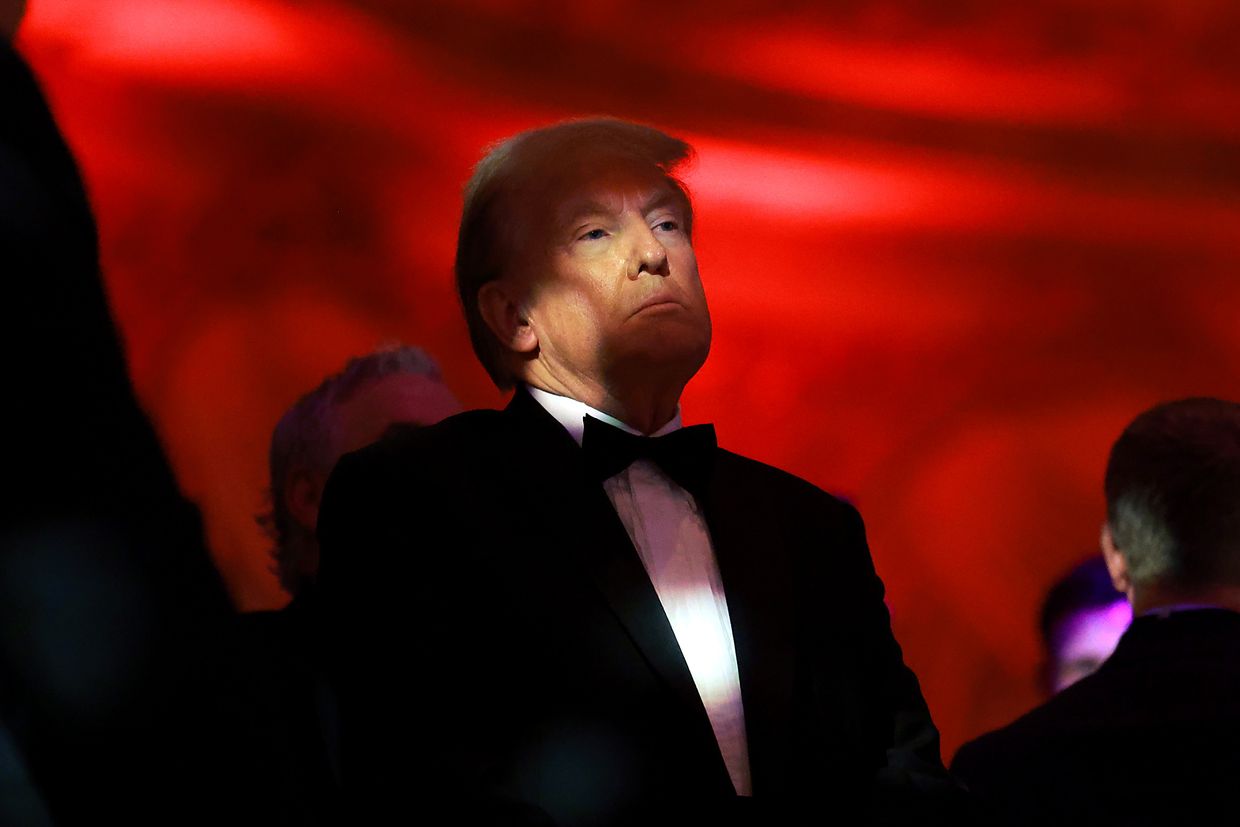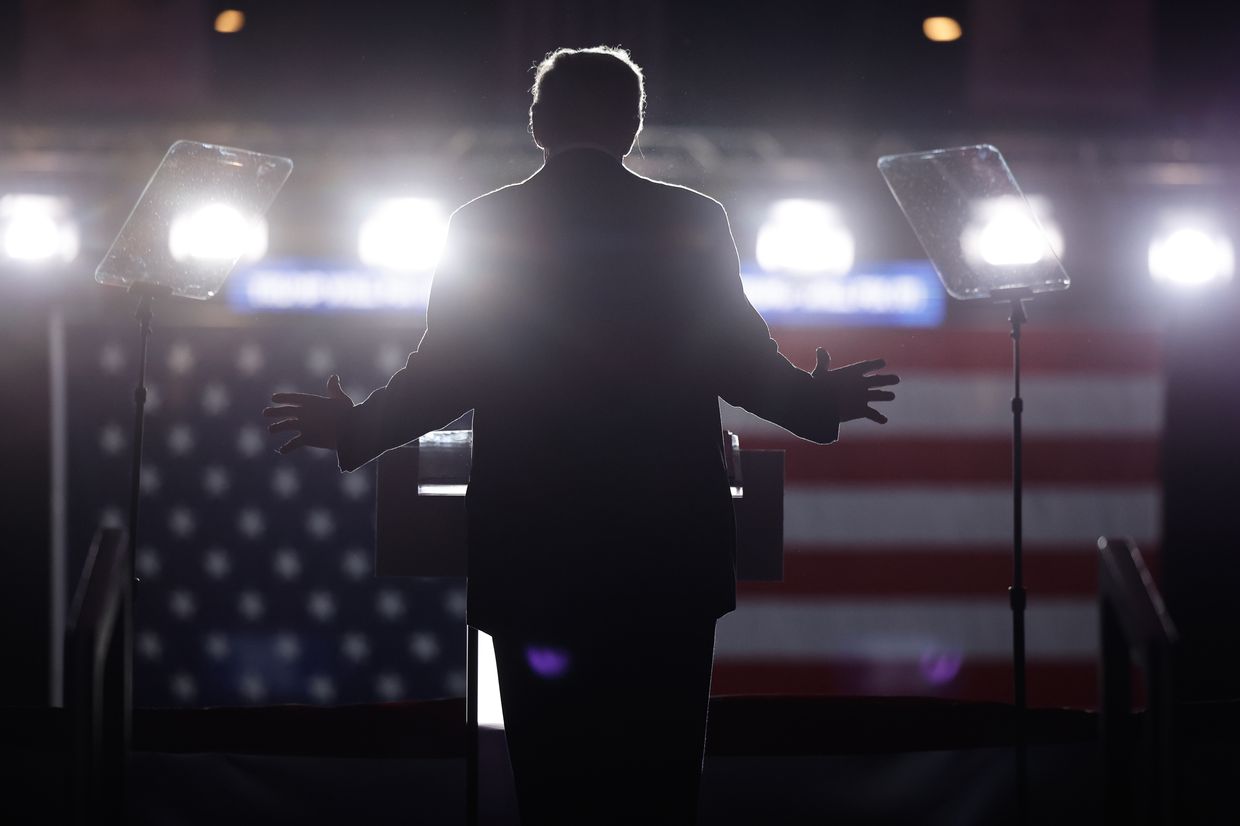Opinion: Europe’s 2% defense benchmark is an illusion, not a solution
With Trump back and Russia’s war against Ukraine ongoing, the 2% GDP defense benchmark falls short — Europe must prioritize readiness over rhetoric.

Polish soldiers pose for a photo after a training session with the NATO multinational battle group eFPON in Orzysz, Poland, on July 3, 2022. (Omar Marques/Getty Images)
With Donald Trump back in office, Europe faces a new era of uncertainty. The once-reliable comfort of American support — a cornerstone of European security — is now more in question than ever. For decades, Europe has assumed the U.S. would always be there to pick up the slack. But those days are over. Trump's administration openly questions NATO’s role and views American involvement in European security with skepticism.
Europe must now confront a new reality: it can no longer sit back, assuming the U.S. will handle its defense. Now is the time to act. Some in Europe may feel isolated in the challenge of supporting Ukraine, but this view underestimates Europe’s own strength. The European Union is the world’s largest trading bloc, one of the top three global economies, and home to four of the 10 largest economies on the planet.
Russia, by comparison, ranks as the world’s 11th largest economy — its size comparable to Italy, with Spain not far behind. Europe’s challenge is not a lack of resources, but the will to use them. Supporting Ukraine is not a cost; it’s an investment in Europe’s security and stability.
The 2% GDP goal for NATO members was once a practical way to measure commitment to the alliance. But today, with threats evolving and new challenges emerging, that target is outdated. True security isn’t about budget percentages; it’s about capabilities — about building a Europe that can defend itself and respond swiftly to crises. Russia’s brutal assault on Ukraine has shown us that a spending target doesn’t protect us — actionable resources, modern defense systems, and readiness to act do.
True security isn’t about budget percentages; it’s about capabilities
Europe has already seen this firsthand. Financial pledges to Ukraine are important, but on the ground, specific resources like anti-air systems, secure communications, and logistical support have made the difference. Europe now faces this same reality: leaders must move beyond symbolic spending goals and prioritize real capabilities to meet today’s urgent security needs.

Trump’s return to office is Europe’s wake-up call. The idea of “strategic autonomy” has circulated in policy circles for years, but Europe can no longer afford to keep it theoretical. Europe already has what it takes. It boasts a tier-one defense industry with advanced R&D that rivals the capabilities of the U.S., China, and Russia. The talent, resources, and infrastructure are all in place. With the right focus, Europe’s defense industry can deliver the advanced technologies and autonomous capabilities required to protect the continent. If Europe accelerates its initiatives, strategic autonomy can shift from a policy concept to a concrete reality.
Ukraine’s resistance to Russian aggression makes Europe’s role in its defense indispensable, especially as American support becomes uncertain. Ukraine is not only defending its sovereignty but also the stability of Europe. This moment tests Europe’s resolve — not just in its support for Ukraine, but in its commitment to its own values and regional stability. Europe must act independently. The stakes are high: a retreat would hand Putin a critical advantage in his obsessive quest to redraw borders by force.
The implications extend beyond Ukraine. With Trump’s administration setting new precedents, other authoritarian states may be emboldened to challenge Europe. China, Iran, and others may interpret diminished U.S. involvement as an invitation to advance their interests in ways that threaten European stability. Europe’s leaders must confront these growing risks, prepared to act decisively with or without U.S. backing.
The lesson from Ukraine is stark: alliances are powerful, but self-reliance is essential for survival. Europe’s defense future cannot be outsourced. This is a test of political will and unity. As Europe faces its greatest threat in a generation, it’s time to rise to the occasion. The era of dependency is over — our sovereignty demands it, our future depends on it.
Europe has the talent, the resources, and the drive to make this vision a reality. The time has come for European leaders to adopt a security strategy that reflects the gravity of the moment. This isn’t just about adapting to an unpredictable U.S. stance; it’s about establishing a Europe that can defend itself, stand with Ukraine, and lead in a world of shifting alliances. Security isn’t a budget line item; it’s the bedrock of our shared European future and a free Ukraine. It’s time to make it a priority.
Editor’s Note: The opinions expressed in the op-ed section are those of the authors and do not necessarily reflect the views of the Kyiv Independent.












